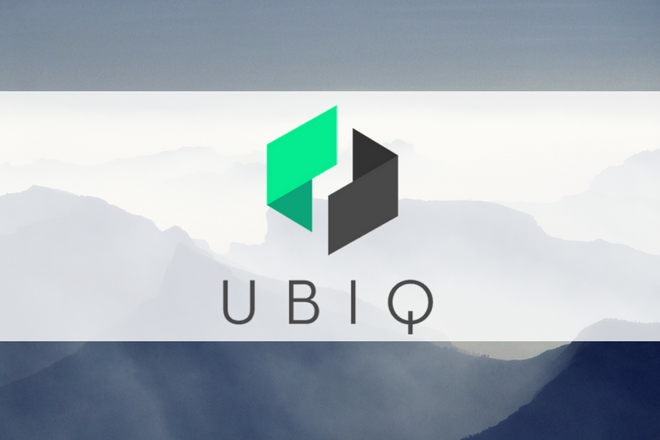When navigating the world of cryptocurrency, the true nuanced differences between coins can be difficult to understand. When it comes to Ubiq (UBQ), the explanation can be quite simple: it is a coin based off the Ethereum blockchain, but with more enterprise applications in mind. It’s basically the Ethereum coin, but with only the most stable, secure elements of the blockchain.
While Ethereum Enterprise does exist, Ubiq is not meant to be a direct competitor — every platform will have it’s own pros and cons associated with them. The edge that Ubiq has is the fact that it has a history of stability, a built-in focus on enterprise use, and a team working hard to develop and market this blockchain globally.
This year, UBIQ has received a lot of attention and has been present at a handful of conferences. It also doesn’t hurt that the team behind Ubiq are well established in the Fintech world, bringing even more focus on the project. It is a rising presence in the blockchain world, and worth taking note of.
Investing in Ubiq
- It is proving to be a safe and stable blockchain, especially in enterprise
- There has been no ICO for Ubiq
- It is not funded by the developers
- The coin launch was fair and was not pre-mined by the developers
The UBIQ Team
It also doesn’t hurt that Ubiq has an all-star team behind it.
The team leader at Ubiq is Julian Yap who works full-time as a code editor at Bittrex, reviewing all code for the currencies listed. Interestingly enough, to date, 98% of Ubiq’s trade volume is on Bittrex.
Kris Hansen is a well-connected, experienced developer in the Fintech world, holding the title of Senior Principal in a Fintech company.
Luke Williams is an experience blockchain developer, having worked with Iquidus Explorer.
And last, but not least, the Community Manager for Ubiq is Alex Strek who runs BlockTalk on Youtube, and is well-versed in blockchain and cryptocurrency.
When it comes to the technology, Ubiq has a slower blockchain (60 second logs instead of 15 seconds) because it is smaller, but this also makes the blockchain more manageable. It also means that Ubiq is still profitable to mine even with older hardware, requiring only a 2GB GPU while having a similar value to Ethereum.
Of course, every blockchain will have it’s downsides as well, and Ubiq is no exception. Worth mentioning is that Ubiq has a market cap of just over US$44 million, making it prone to price fluctuations. This means that you could easily see big losses or gains from your investment.

